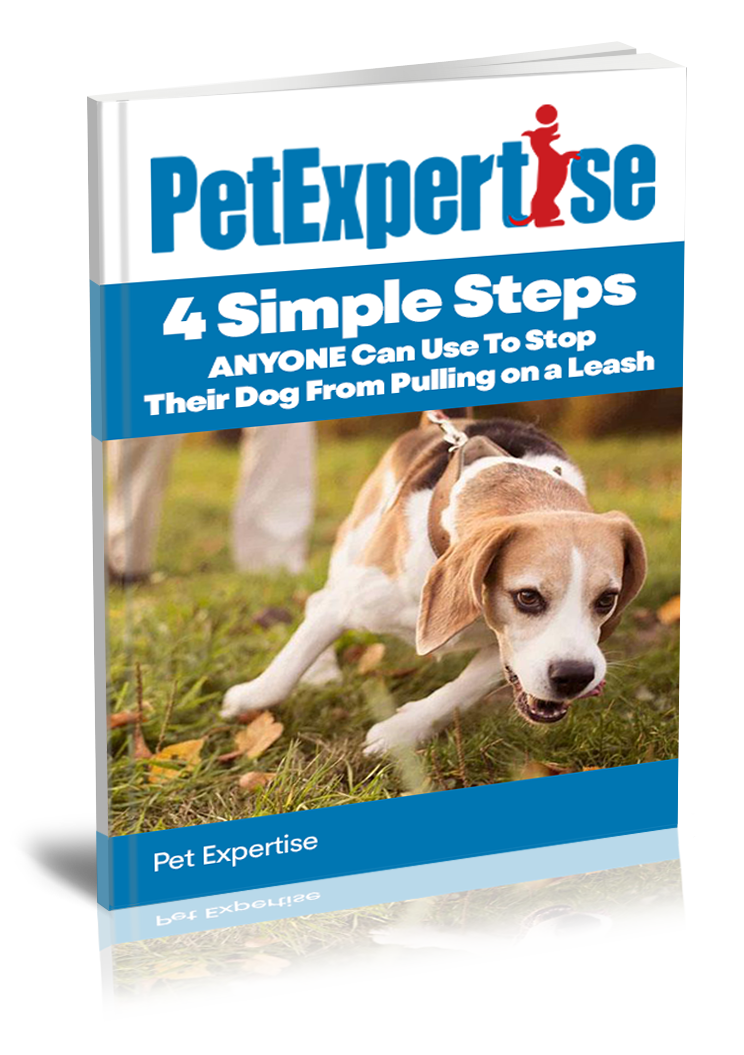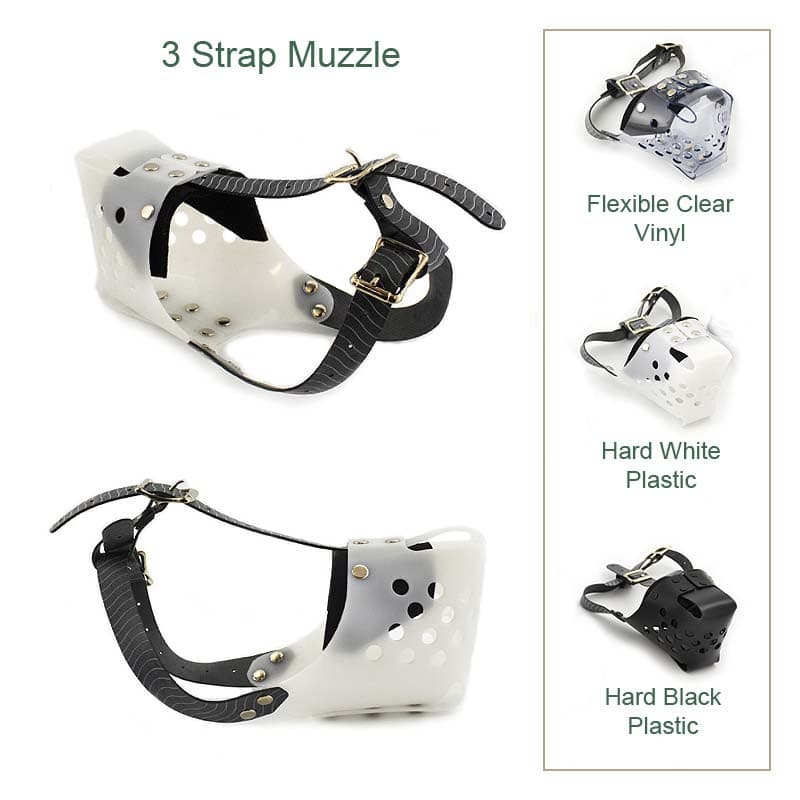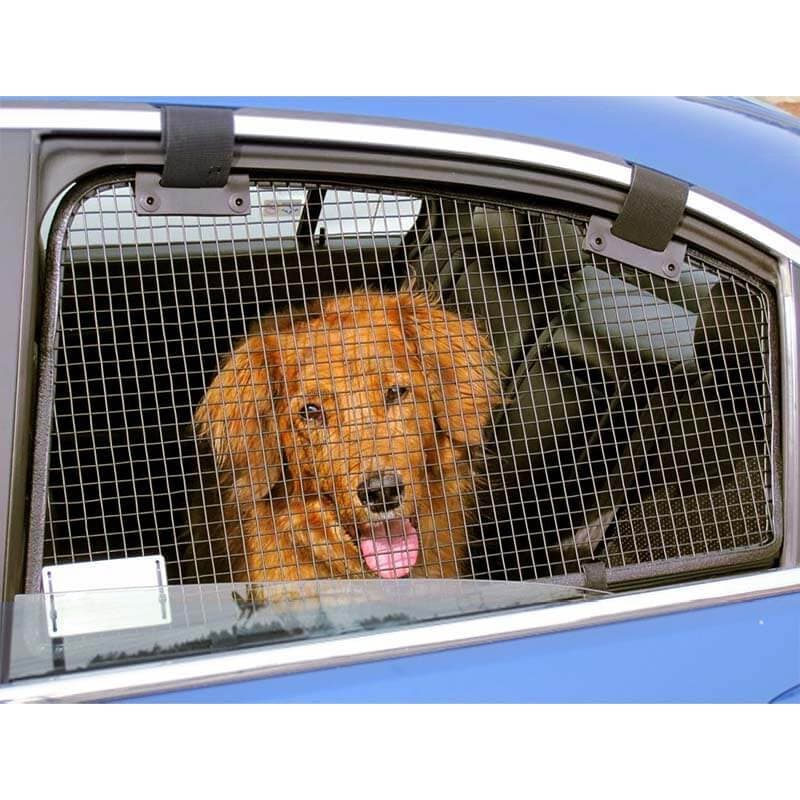The Ultimate Guide to Antler Chews for Puppies: Top Picks and Tips

Antler chews have become a popular choice among dog owners seeking natural and durable chew toys. These unique dog chew toys offer an engaging and satisfying experience for our furry friends. Derived from naturally shed antlers of animals like deer, elk, and moose, antler chews for puppies are marketed as long-lasting and beneficial.
Chewing is not just a pastime for dogs; it plays a crucial role in their health and well-being. Engaging with antler chews can help clean their teeth by reducing plaque and tartar buildup. Additionally, the act of chewing provides mental stimulation, which is essential for maintaining an active and healthy mind in young pups. If you're interested in understanding more about dog training lingo to better communicate with your pet during these chewing sessions, there's a comprehensive guide available on dog training terms.
Understanding everything you need to know about antlers can help make informed decisions about incorporating these natural chews into your pet's routine. The following sections will delve deeper into the specifics of antler chews, safety considerations, and expert recommendations to ensure your puppy's well-being. For instance, if you're planning a trip with your dog and need a travel-friendly option for their water bowl, consider the To Go Bowl, designed specifically for such scenarios.
Moreover, if your dog tends to get anxious during travel or new experiences, you might find the Through a Dog's Ear Calming CDs beneficial. These clinically tested CDs are designed to help train your dog to be calm and happy.
Lastly, if you're facing challenges with your dog pulling on the leash during walks, the Freedom Harness could be a great solution. This reflective harness not only enhances night safety but also helps gently train your dog not to pull on the leash.
Understanding Antler Chews
Antler chews are a natural chewing option for dogs, sourced from the antlers of animals such as deer, elk, and moose. These antlers are collected after being naturally shed by the animals, ensuring a sustainable and eco-friendly product. This natural origin makes them a popular choice among pet owners looking for non-synthetic chew toys.
Types of Antlers for Dogs
There are various types of antlers available in the market, each offering unique textures and sizes suitable for different breeds:
-
Deer Antler Chews for Dogs: Known for their hardness, deer antlers are ideal for aggressive chewers. Their dense texture can withstand significant pressure but might be too hard for puppies or smaller breeds.
-
Elk Antlers: Slightly softer than deer antlers, elk antlers have a spongy centre that provides a satisfying chew experience without being excessively hard. They are often recommended for medium to large breeds.
-
Moose Antlers: Typically larger and heavier, moose antlers have a softer outer core compared to other antler types. This makes them suitable for larger breeds with strong jaws.
-
Water Buffalo Horns: Although not technically antlers, these horns offer a distinct texture and are often included in the conversation about natural chew options. They're durable but should be chosen carefully based on your dog's chewing habits.
When selecting natural antler chews, it's crucial to consider your dog's breed, size, and chewing strength to ensure their safety and enjoyment. It's also important to understand that while antler bones can provide beneficial minerals and calcium, they must be fed with caution to avoid potential health issues.
Benefits and Safety Considerations for Puppies
Chewing plays a crucial role in maintaining dental health for dogs. Antler chews naturally help clean teeth by scraping away plaque and tartar, which can lead to better oral hygiene and fresher breath for your pup. The act of chewing also provides mental stimulation, reducing anxiety and destructive behaviours.
However, there are significant safety concerns with antler chews that pet parents should be aware of, especially when it comes to puppies. Due to their hardness, antlers can pose risks such as:
-
Broken Teeth: Puppies have softer teeth than adult dogs, making them more susceptible to fractures when gnawing on large antlers for dogs.
-
Gum Bleeding: The hard surface can cause irritation or injury to the gums.
Veterinarians often caution against using big antlers for dogs with developing jaws, suggesting they may be too harsh for young puppies. Monitoring your pet while they enjoy their chew toy is vital to prevent choking or ingestion hazards. Opting for softer alternatives or ensuring you choose an antler size appropriate for your puppy’s age and breed can help mitigate these risks.
In some instances, behavioural issues stemming from anxiety or stress may require more than just a change in chew toys. In such cases, professional guidance could be beneficial. Re-homing your dog is sometimes the most compassionate solution if a puppy's needs are not being met in their current environment.
Additionally, PupSaver Crash-Tested Car Safety Seat offers a wonderful solution for safe travelling with your small or medium dog. It's the only crash-tested safety car seat for dogs available in various sizes.
Lastly, if aggressive behaviour becomes a concern during the chewing phase, utilizing dog muzzles designed specifically for such situations could be an effective training aid.
Choosing the Right Chew Toy: A Guide for Pet Parents
Selecting chew toys for dogs, especially when considering an antler for dog chew, requires thoughtful consideration. Each dog is unique, and understanding your furry friend’s needs can lead to a happier and healthier chewing experience.
Factors to Consider
-
Size: Ensure the chew toy is appropriately sized. A toy that’s too small could pose a choking hazard, while one that is too large might be challenging for your dog to handle.
-
Age: Puppies have different needs compared to adult dogs. Younger pups may require softer chews that are easier on their developing teeth, whereas more mature dogs might enjoy the durability of an antler.
-
Chewing Habits: Observe whether your dog is a gentle nibbler or an aggressive chewer. Aggressive chewers might benefit from sturdier options like antlers, but it's essential to monitor them closely to prevent dental damage.
Additional Tips
-
Material Safety: Opt for chew toys made from non-toxic materials. Quality antler chews should be naturally shed and free from harmful chemicals or artificial additives.
-
Supervision: Always supervise your pet while they enjoy their chew toys. This practice helps prevent accidents and allows you to intervene if the toy becomes a potential hazard.
Understanding these factors will help you make an informed choice when selecting the perfect chew toy, ensuring it meets both safety standards and your dog's personal preferences.
In addition to chew toys, consider incorporating interactive elements into your dog's playtime. For instance, a Flirt Pole can provide not only fun but also exercise for your pet.
While training your dog to use these toys effectively, you might find it beneficial to use tools such as the BULK Rapid Rewards Dog Training Bag by Doggone Good!, which is designed for serious dog trainers with loads of features.
Moreover, if you're visiting friends' homes with your dog, it's essential to prepare properly. You can think like a dog trainer during these visits to ensure a smooth experience for both you and your furry friend.
Lastly, don't forget about safety during playtime. If your dog has a tendency to nibble too hard or get overly excited, using a JAFCO muzzle could be a practical solution.
Introducing Antler Chews to Puppies: Tips from Experts
Introducing new chew toys to puppies requires careful planning and patience. Veterinarians emphasize gradual introduction strategies to help prevent resource-guarding behaviour, a common issue where dogs become possessive over items.
Steps for Introducing Antler Chews:
-
Select the Right Time: Introduce antler chews when your puppy is calm and relaxed. This helps create a positive association with the new toy.
-
Monitor Initial Interactions: Supervise your puppy closely as they explore the antler. Observing their behaviour allows you to intervene if any signs of aggression or anxiety appear. In such cases, using a calming cap can help reduce their aggression by limiting their view of potential triggers.
-
Limit Access at First: Allow your puppy to interact with the antler for short periods initially. Gradually increase the duration as they become more comfortable.
-
Rotate Chew Toys: To maintain interest and prevent possessiveness, rotate antler chews with other toys. This variety not only stimulates your puppy mentally but also reduces the likelihood of resource guarding.
-
Positive Reinforcement: Reward your puppy with treats or affection when they engage calmly with the antler chew. Positive reinforcement encourages good behaviour and reinforces a healthy relationship with their new toy.
If you're facing challenges such as resource guarding or jumping up, consider seeking out personalized dog training help or using tools like an Easy Walk Harness for better control during walks.
For house training purposes, integrating crates, gates, and pens into your strategy can be beneficial. These tools can assist in setting boundaries and creating a structured environment for your puppy.
Veterinarians suggest these strategies as part of a comprehensive approach to introducing new chew toys to puppies, ensuring a smooth transition and fostering a positive experience for both pet and owner.
Top Picks for Antler Chews: Our Recommendations Based on Research and Expert Opinions
Selecting the best antler chews for puppies involves considering quality, safety, and suitability. Many products stand out due to their durability, size options, and positive feedback from pet experts. Switching your dog to antler chews can be a great option as they are not only safe but also provide a satisfying chewing experience.
Recommended Brands and Products
1. Buck Bone Organics Whole Elk Antlers
Known for their sustainability and natural sourcing, these antlers are a favourite among pet owners. They offer various sizes, ensuring a perfect match for your puppy's breed and chewing habits
2. K9 Connoisseur Single Ingredient Elk Antlers
A single-ingredient option that avoids added chemicals or preservatives. K9 Connoisseur is praised for its commitment to quality, making it a safe choice for young dogs.
3. Pet Parents Gnawtlers – Premium Deer Antlers
Specifically designed with puppies in mind, these antlers are softer yet durable enough to withstand enthusiastic chewing. The company emphasizes ethical sourcing practices.
Expert Insights
Pet experts recommend these brands because they prioritize safety while offering engaging chewing experiences. It's crucial to select a size appropriate for your puppy to minimize risks associated with improper use.
These options are widely acclaimed in the market due to their thoughtful design tailored to meet both the needs of energetic pups and the concerns of cautious pet parents.
If you're considering transitioning your puppy to antler chews, it's important to also think about their overall training. For instance, if you're facing challenges with outdoor potty training, you might want to explore litter box training for dogs, which can provide a convenient indoor solution.
When purchasing online, understanding the shipping policy is essential for a smooth transaction. It's also worth noting that some companies, like Pet Expertise, are committed to environmentally friendly practices such as green shipping, which offsets carbon emissions from shipments. Always ensure you're aware of the legal terms before using any online service.
Conclusion: Making Informed Choices as a Responsible Pet Owner
When choosing chew toys for your furry friend, it's important to consider both the benefits and risks. Antler chews have many advantages like improving dental health and keeping dogs mentally stimulated, which is why many dog owners prefer them.
-
Benefits: Antlers can help clean teeth and satisfy your dog's natural chewing instinct.
-
Risks: For puppies, the hardness of antlers may lead to broken teeth or gum issues. Supervision remains crucial to avoid potential hazards.
Exploring alternatives such as coffee wood, olive wood, and specially designed chew toys can offer safer options for young puppies. Understanding everything you need to know about antler chews will assist you in making informed choices.
Ultimately, it's essential to consider your pet's unique needs and preferences. By staying knowledgeable and seeking advice from pet experts, you can ensure that your beloved companion has safe and enjoyable chewing experiences.
- Choosing a selection results in a full page refresh.
- Press the space key then arrow keys to make a selection.



